The year in business: A review of 2015
- Published
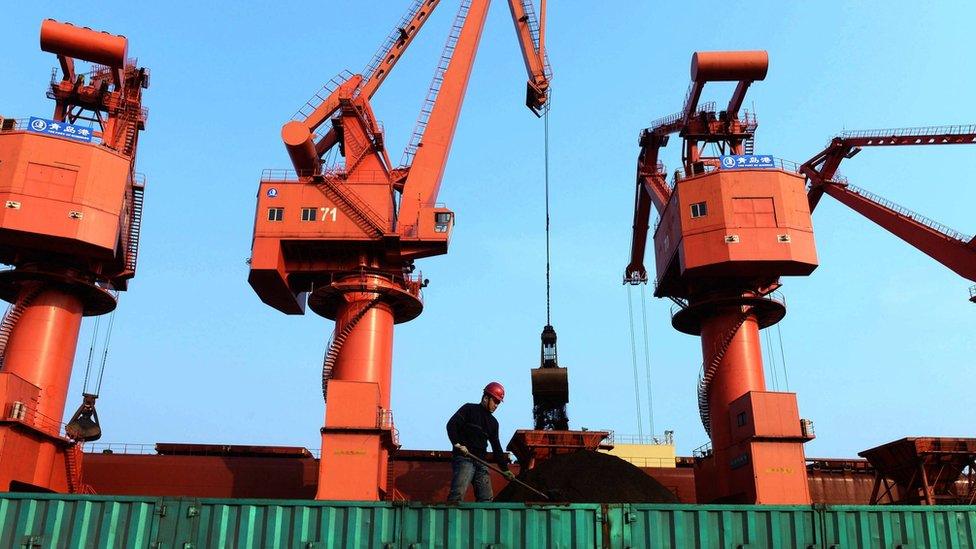
Oil and copper prices tumbled more than 30% in 2015
2015 was a very bad year to be in the business of digging things out of the ground, thanks to a dramatic slowdown in growth in China.
Commodity prices tumbled, with oil and copper both down by more than 30%.
The upside was that many consumers all over the world found some basic necessities became noticeably cheaper.
The downside was severe pain for mine workers, mining companies and countries like Russia and Brazil, that had previously been feasting on the wealth generated by a five year commodities boom.
The main raw material of steel, iron ore, saw some of the steepest declines. It has fallen by 80% from its peak four years ago.
It was a price tumble that none of the experts had forecast - and it is all down to China.
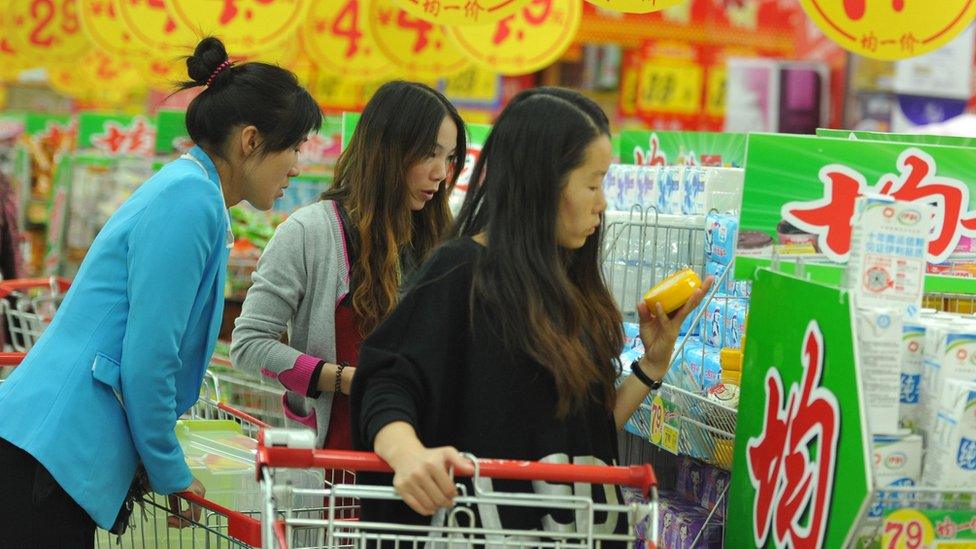
China's low consumer inflation rate - it was 1.5% in November - has raised concerns it could be sucked into a deflationary trap
Engine stalls
Over the past two decades, China became the manufacturing hub for the planet and an engine of global growth. But in 2015, it stopped devouring all the metals the world could produce.
Even on official figures, China's growth has now dipped below 7% - that's less than in its big Asian rival, India.
But many believe China's slowdown is actually much more dramatic than that.
Gordon Chang, author of the 2001 book, The Coming Collapse of China, argues that growth in China was actually 3% at most in 2015.
"China's leaders no longer have the ability to prevent the economy from tumbling down," he says.
Mr Chang says the levels of net capital outflow from China - set to reach a record $500bn (£335bn) this year, according to the Institute of International Finance - signal a lack of confidence in the Chinese leadership.
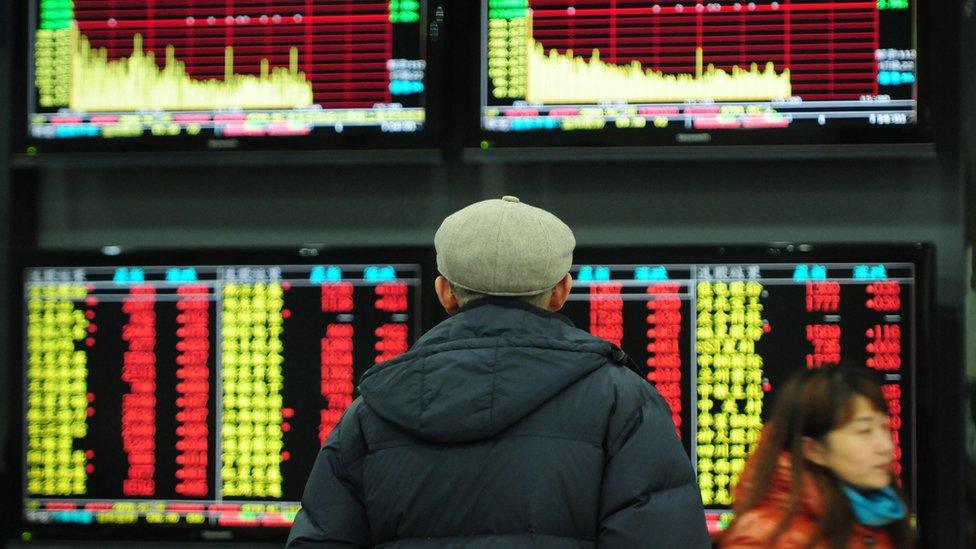
China is now growing more slowly than India
Interest rate moves have been ineffective and a dramatic recent increase in government spending hasn't helped much either, he argues.
"The leadership is now without tools", and he maintains that reform efforts have "gone backwards", with increased state intervention in the economy.
Policy problems
However, Jonathan Fenby from the Trusted Sources research group is less pessimistic, saying the authorities still have room to act.
"I think they've still got enough ammunition to avoid a real collapse," he says. "But there will undoubtedly be a slowing down at least for the next two years."
The Chinese leadership under President Xi Jinping is "very risk averse" and "doesn't seem to be able to get to grips with a lot of the problems facing it," he says.
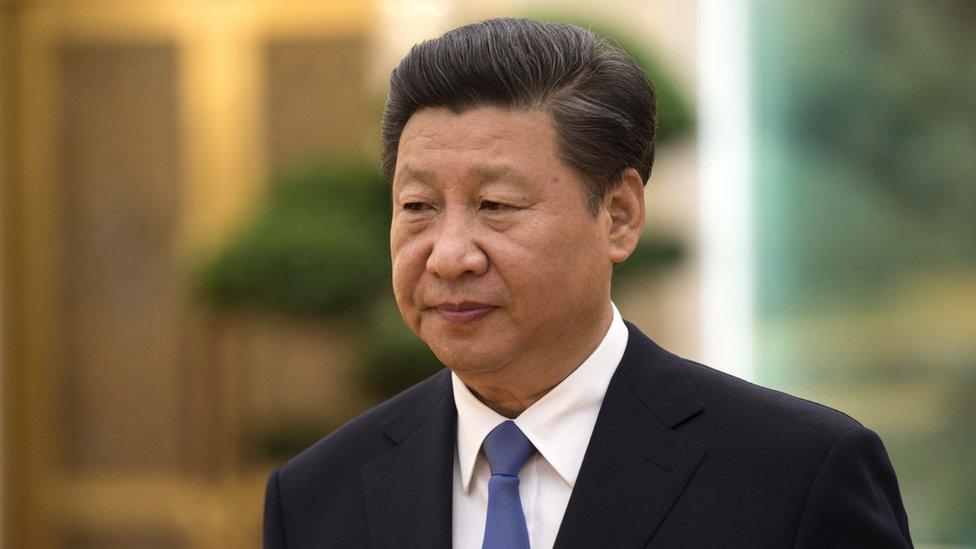
China's government under President Xi Jinping is "very risk averse" says Mr Fenby
And while corruption is rightly being addressed, Mr Fenby says that unfortunately they are not using the regular justice system.
Instead Beijing is working through the "non-transparent Communist Party police", creating a "fear factor" with many officials holding back on projects that might help stimulate the economy.
Mr Fenby is also worried that the authorities will set a target growth rate for the next few years that is too high and which can only be achieved by increasing borrowing from its already excessive levels.
Miners cut jobs
The past year's shortfall in Chinese demand has provoked dramatic job cuts and closures by the global mining giants.
Anglo American said it would close or sell up to 35 mines with 85,000 jobs going, while Glencore laid off thousands of workers in its Zambian copper mines and elsewhere.
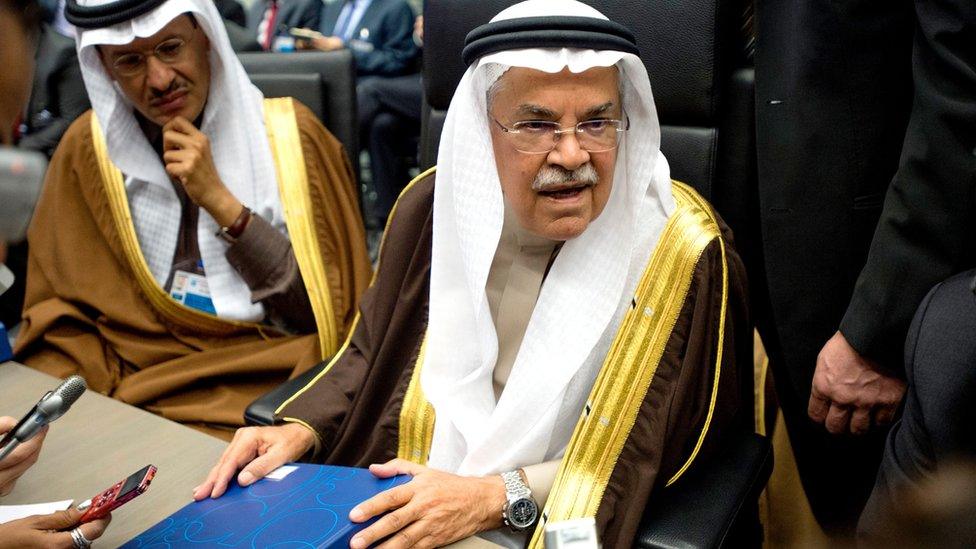
Saudi Arabia's aim is to keep prices low, to drive out higher-cost competitors like shale oil producers
It was a truly extraordinary year for the oil markets, with the oil producers' cartel Opec, deciding not to adopt its usual tactic of restricting supplies to boost crude prices.
Prof Ken Rogoff, of Harvard University, tells me the aim of OPEC's most powerful producer, Saudi Arabia, is to prevent any further loss of global market share.
Saudi Arabia is under pressure from a burgeoning population and its venture into Yemen, he argues.
It is "hoping that by allowing the price to stay low for a long time, it can drive out marginal producers, especially those in the United States shale space," he says.
Refugee challenge
In Europe, headlines were dominated by a huge influx of refugees from warzones in Syria and neighbouring countries.
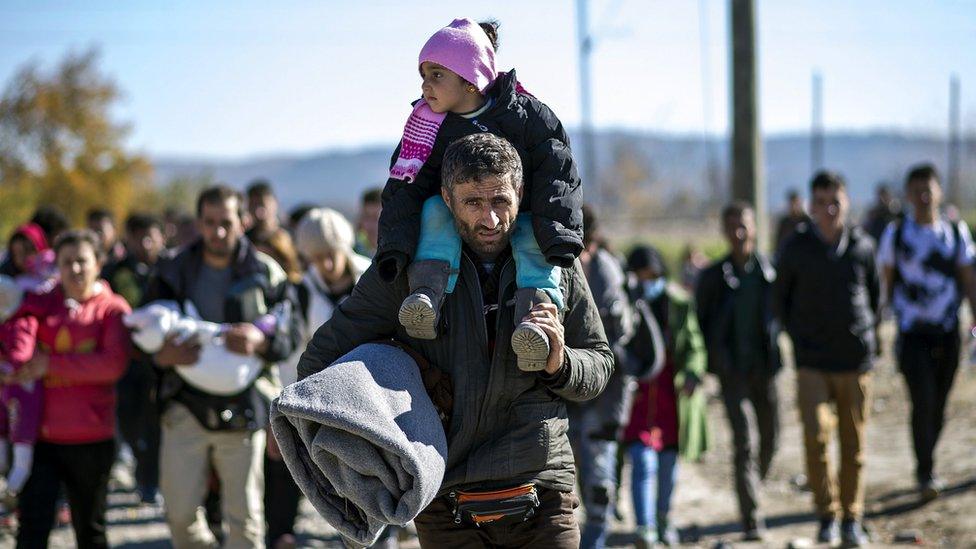
About 1.5 million people have arrived in the European Union as refugees or migrants this year
The European Union was torn between a desire to give refuge to people in desperate need and the fear that an apparent "open-door" policy would simply overwhelm the continent with people looking for better economic opportunities.
Germany's Chancellor Angela Merkel saw her popularity plummet after her apparently welcoming policy to migrants and refugees led to the flow to turn into a torrent.
Around a million people seeking asylum arrived in Germany alone during 2015.
At her party's annual conference in December she said the world was dealing with the biggest flight of refugees since the Second World War.
"That is a historic test for Europe," she told delegates. "I would like, we would like, Europe to pass this historic test".
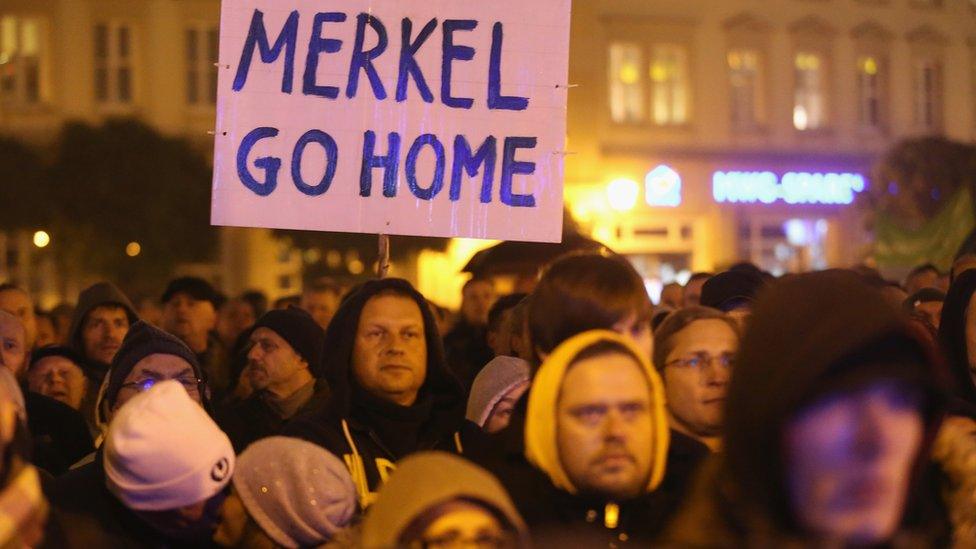
Not all in Germany support Chancellor's Merkel's policy on refugees and migrants
Some experts argue that Europe is actually in need of new young workers to counter an ageing native population. But Hans Werner Sinn of Germany's IFO Institute told the BBC that he didn't think the impact of mass migration would be positive.
"Don't expect too much - they are low skilled people. We will have to lower the minimum wage to generate more jobs for them."
Greece's euro crisis
Europe also had to face another crisis back in July, as Greece seemed poised to be the first country to exit the common European currency, the euro.
In a referendum, Greek voters decided to reject an austerity plan that Europe had negotiated in return for lending Greece more cash.

In Greece, thousands of people demonstrated both for and against the bailout deal
Capital controls were imposed and Greeks started to queue at cash machines.
In the end the Greek parliament gave in and said yes to more austerity, much to the disgust of many Greeks.
Greece remains heavily in debt and it is far from clear that a long term solution has been found to the country's problems.
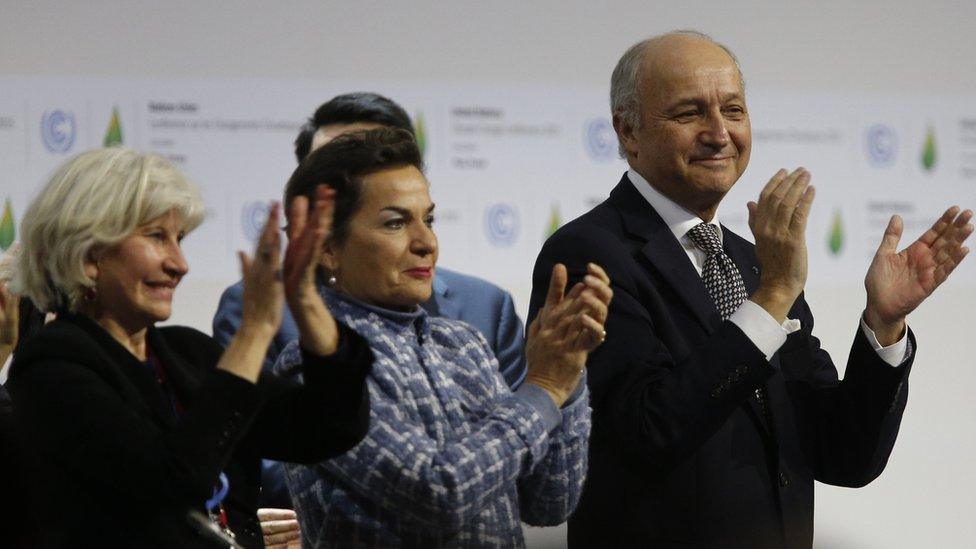
Representative of 195 nations signed an historic accord to stop global warming earlier this month
In December, talks in Paris aimed at averting disastrous changes to the planet's climate were generally hailed as a success, with new promises by leaders to get tough on pollution.
But what's really happening in practice isn't always what it seems.
Emissions scandal
Volkswagen was hit by scandal when it was revealed that many of its diesel engines were much dirtier than it had claimed.
Indeed, it admitted that it had deliberately written software to make its engines perform differently on the road than during tests.
The firm's global boss had to resign and - at one point - it seemed the damage to the reputation of the engineering prowess of VW might be severe. It estimated costs of more than $7bn.
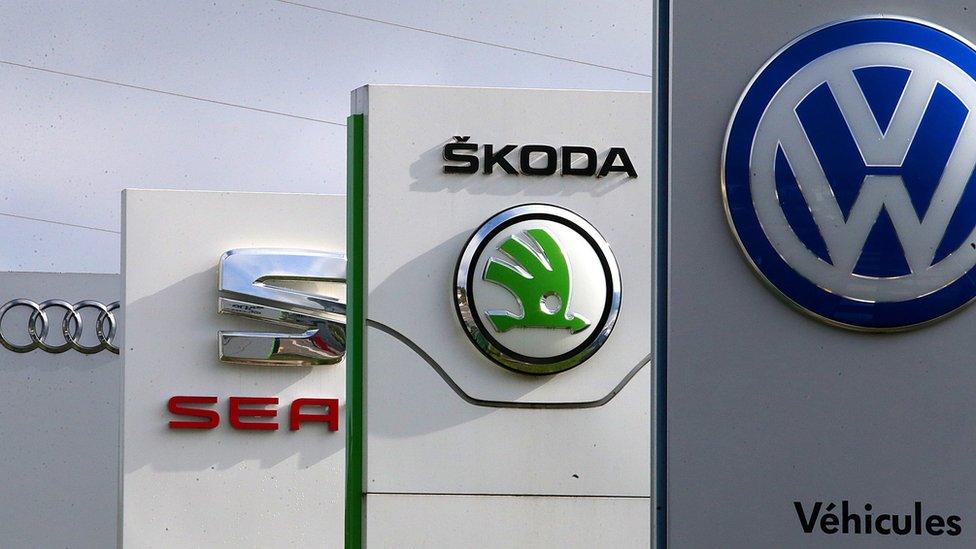
VW's emissions scandal has cost the firm about $7bn
However, sales of VW vehicles have held up pretty well, with customers apparently deciding that the safety record and reliability of the cars were more important than its emissions deceptions.
VW seems set to remain one of the world's top two car makers.
And if more people are encouraged to drive more thanks to low oil prices, the worst may well be over for the iconic German business.

Check out Martin's past annual reviews
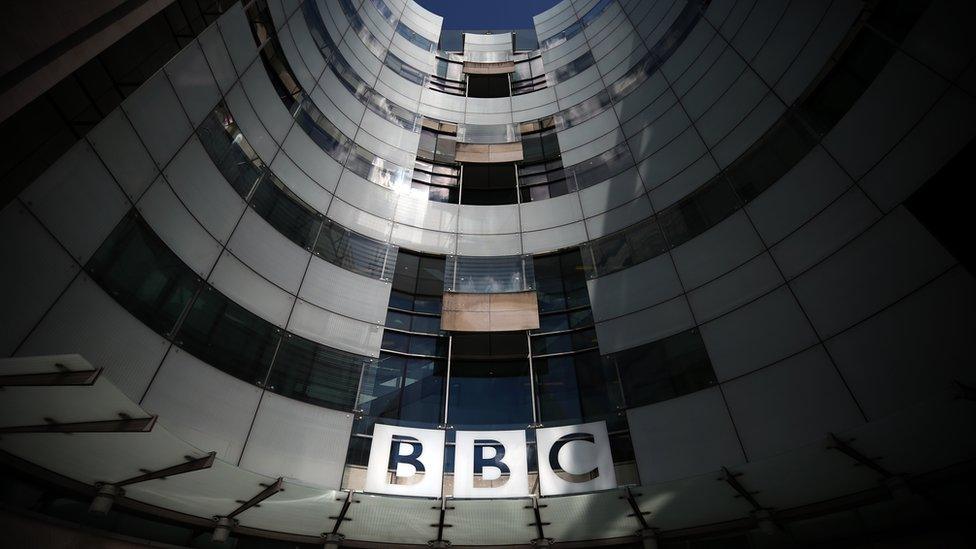
2014: Global visions stall
2013: 1,100 die in Bangladesh factory collapse
2012: Concerns over China's trade surplus
2011: Government debts questioned
2010: Growth returns but problems remain
2009:, external World output falls for first time since 1930s
2008:, external Banks collapse triggering financial crisis
2007:, external Growing US mortgage repossessions
2006:, external Drivers and airlines hit by cost of oil
2005:, external Google's share price soars
2004:, external Dollar's future role questioned

You can listen to Martin Webber's review of the world in business in 2015 at 18:32 GMT on 25 December in World Business Report on BBC World Service, or you can download the programme podcast here.